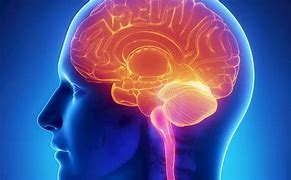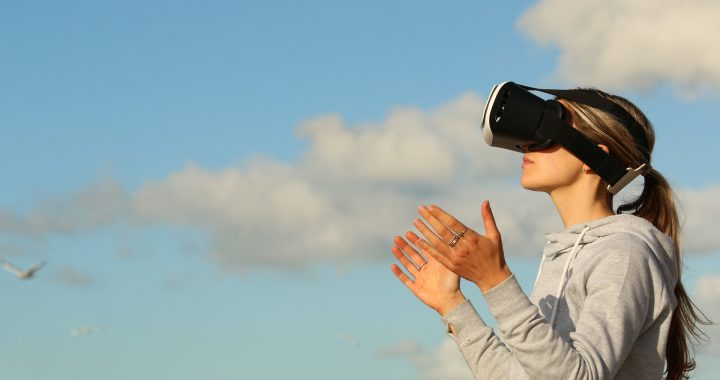As many people now know, our compulsive use of the Internet and corresponding digital devices are creating difficulties for many people not just within the field of their personal relationships, but likewise within the domain of their cognitive capacities. As a result of the effects of our current digital age on people’s attention spans and working memories, there is increasing evidence that the jumpy, fragmented awareness that is being inculcated in people by the great interruption machine that is the Internet is having a profound effect on the stream of people’s thoughts, and their capacity to follow those thoughts to a point of completion.
Likewise, the effects that the challenge of information overload brought about by the Internet is having on people’s short-term memories, their capacity to turn those short-term memories into long-term ones, and the manner in which large search engines such Google are in effect becoming our brain’s external hard drive in significantly replacing our once natural ability to follow the path of organic networks in our brain to retrieve relevant information and knowledge are both having profoundly negative effects on the capacity of our working memories to clearly and quickly digest important elements of ourselves and our world.
Consequently, to minimize the potential negative effects which the digital world may be having on our cognitive lives, there would appear to be two potential paths that we might take. Either we can somehow try to limit the extent to which we use the exciting but potentially hazardous Internet-related devices which have become our new reality, or we can seek to explore the possibility of the growth of a different type of intelligence, one that is beyond the reach of the Internet and its resulting technologies, and that is fundamentally anchored in not only our sensorial and emotive lives, but likewise in our capacity for direct, intuitive insight.
The first, it would seem, might not be realistic simply because the digital world has now become so thoroughly embedded in all our lives. While the second, although being part of a serious exploration into the unknown, might allow us to potentially develop the sort of expansive awareness that the Internet and our current digital age might won’t be able to negatively affect simply because it exists beyond the intersection of digital technologies with our cognitive development in a world that is necessarily beyond the exclusive realm of thought and memory.
All of this would appear to necessarily speak to the possibility of a different sort of education to which young people in their formative years might be introduced; one in which their impressionistic lives become just as important as their cognitive development. One in which it becomes extremely important that young learners be allowed to remain with strong emotive and sensorial reactions to subject matter until those have reached a point of full fruition. Otherwise, the strength of their impressions will inevitably become dissipated to a significant degree. Consequently, it becomes extremely important that young students often begin the process of cognitive learning only after their impressionistic lives have become fully energized.
This also would appear to necessarily mean eliminating many of the results-driven approaches to learning that now so entirely dominate contemporary learning environments, ones in which exclusively cognitive learning has become predominate in order to produce certain scores on standardized tests. Instead, if accountability for learning became more fully tied to student initiative, students would not need to be so thoroughly manipulated, as they are now, by empirical results of learning. Rather, if the new benchmark for successful learning became one of how involved students became in creating their own paths toward particular subject matter, their impressionistic lives might be energized exponentially.
Lyn Lesch’s current book Toward a Holistic Intelligence: Life on the Other Side of the Digital Barrier was recently published by Rowman & Littlefield.









